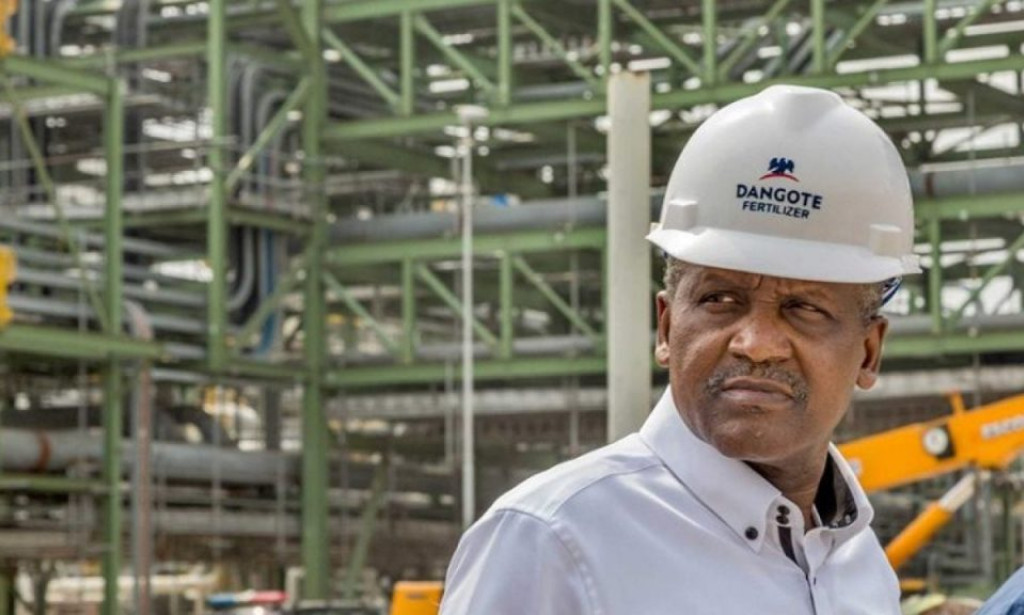Operators in Nigeria's downstream oil sector have voiced concerns about the operational challenges faced by the Dangote Petroleum Refinery and have called upon the Federal Government to intervene. They emphasize that despite the refinery's substantial investment and production capacity, local marketers are opting for cheaper imported petroleum products rather than Dangote's offerings due to higher costs.
This situation has sparked criticism against international oil companies (IOCs) operating in Nigeria, accused of selling crude oil to Dangote refinery at prices above global market rates. Such practices are viewed as detrimental to national interests, fostering what some describe as "anti-country" behaviors.
The Independent Petroleum Marketers Association of Nigeria (IPMAN) has echoed these sentiments, explaining that the reluctance of marketers to patronize Dangote's diesel and aviation fuel stems from their higher costs compared to imported alternatives. IPMAN President Abubakar Maigandi has further underscored the need for collaboration between Dangote and independent marketers to enhance market penetration and competitiveness.
Meanwhile, Dangote's management has defended its operations, pointing to significant exports of refined products to Europe and other regions amid domestic market challenges. They contend that regulatory issues, including the importation of substandard fuels by other traders, contribute to the complex dynamics of Nigeria's petroleum industry.
This ongoing debate highlights broader issues within Nigeria's refining sector, including regulatory oversight, market competition, and the strategic positioning of local refineries in the global energy landscape.



You must be logged in to post a comment.